
In a recent article, POLITICO Brussels criticizes Hungary for its close economic ties with China but fails to mention that one of the main sponsors of Euro 2024 in Germany is the Chinese company BYD. In fact, the number one trading partner of the host Germans in 2023 was none other than China.

Hungary was able to launch its national astronaut programme, Hunor, thanks to the cooperation between the Ministry of Foreign Affairs and Trade (KKM) and the European Space Agency (ESA). Under this programme, the Hungarian astronaut will carry out national projects on the International Space Station.
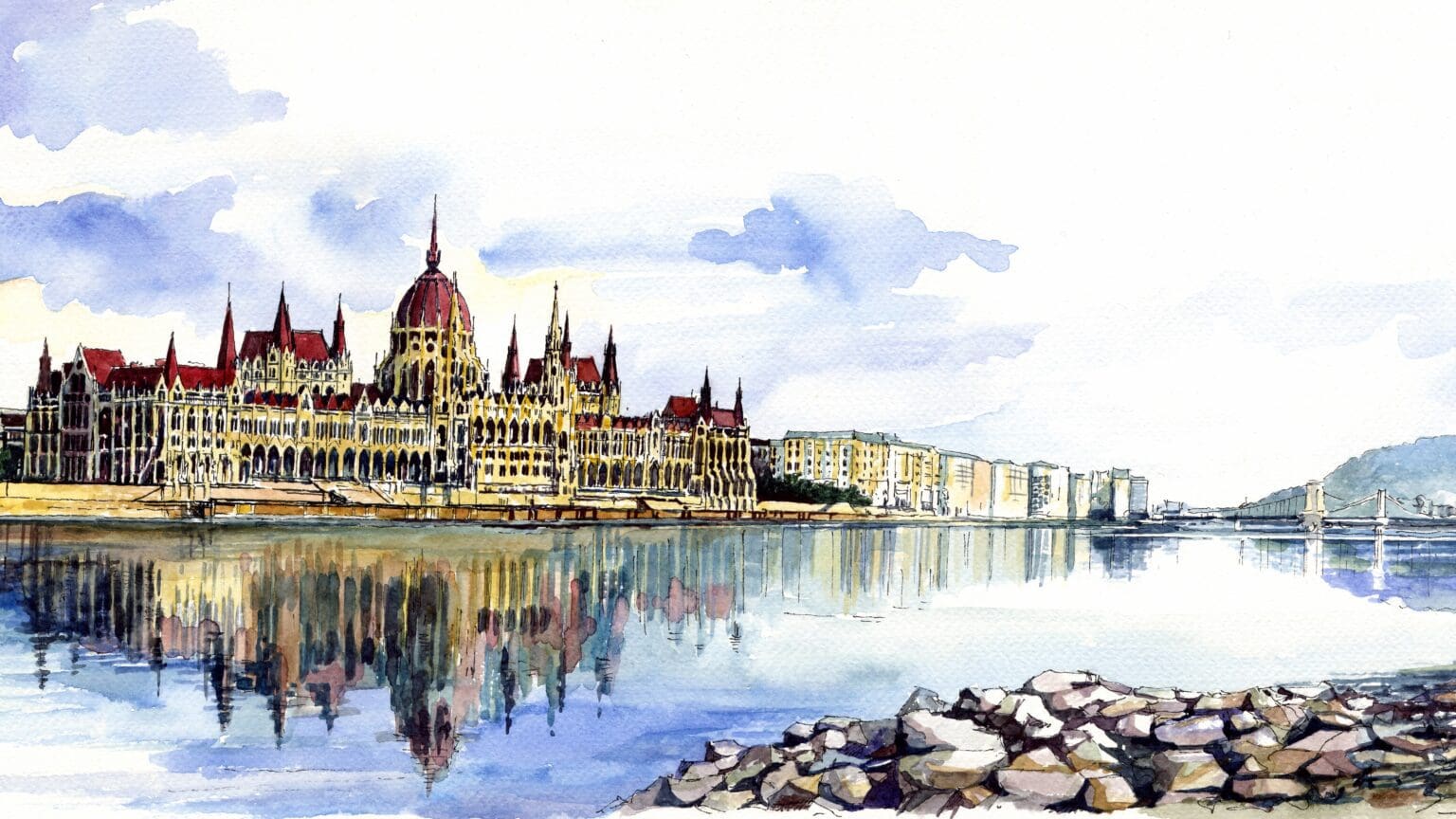
According to the Economist Intelligence Unit’s Global Liveability Index 2024, Budapest is in the top five in the category of cities that have improved the most over the past twelve months. The Hungarian capital scored 92.0 out of 100 points, moving up seven places to rank 32nd.

Despite being heavy favourites going into the game, Portugal ended up having been beaten by Georgia in the final round of the group stage at Euro 2024. This resulted in Hungary falling out of the top four third-place finishers in the groups, thus failing to advance to the round of 16.

The description of the Thucydides Trap is more a description of a spontaneous escalation rather than a well-calculated move towards changing the international order. Applied to the case of the US and China, the ‘Thucydides Trap’ is far removed from the reality and complexity of such power relations, beyond being a useful rhetorical tool.
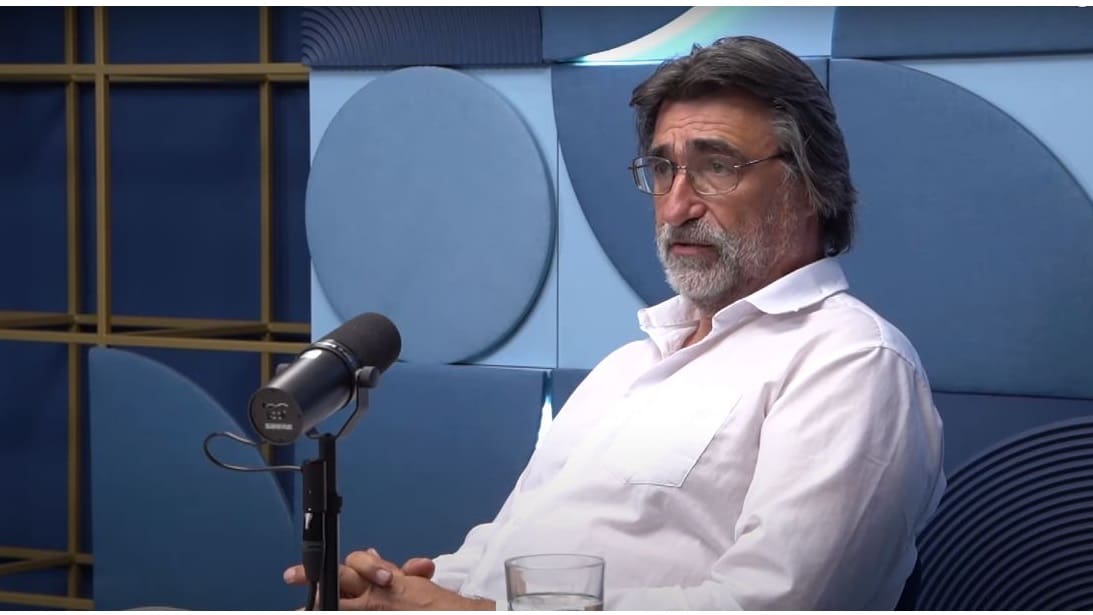
Law professor and legal philosopher Jenő Szmodis appeared on the Glóbusz podcast hosted by Jonatán Nagy-Bato, where they discussed the changing concepts of humanity over the course of history, alternating between individualistic and community-centred ideas.

The 110th anniversary of Hungarian animation is the featured theme of this year’s Budapest Classic Film Marathon, taking place from 17 September to 2 October for the seventh time. Besides animated works, the marathon will feature over a hundred restored classics and long-unseen film treasures across ten programme blocks.

The Ratha-yātrā Chariot Festival will be held for the 28th time in Budapest this Saturday; it will later merge with the India Festival held in City Park on the same day. The programmes are free to attend.

The America First Policy Institute (AFPI) has recently published a book about a new proposed foreign policy approach towards the Russo–Ukrainian war by the US, which was reviewed by Zoltán Koskovics, a geopolitical analyst for the Center for Fundamental Rights in Magyar Nemzet.

Mattia Zaccagni’s last-minute banger gave the Hungarian national team a better chance of qualifying for the knockout stages of the European Championship in Germany. If England beat Slovenia tonight, the Hungarian team will advance to the last 16 of the continental tournament.

‘If we Europeans want to keep up with the Americans, we Europeans must become great again,’ Hungarian Prime Minister Viktor Orbán emphasized in an interview with German newspaper Berliner Morgenpost. PM Orbán also praised former US President Donald Trump for his pro-peace stance regarding the war in Ukraine, and spoke about his beloved sport, football, as well.

On 21 June a joint press conference was held by UAE Minister of Economy Abdulla bin Touq Al Marri and Hungarian Minister of Foreign Affairs and Trade Péter Szijjártó. During the conference, an agreement to deepen bilateral relations through agricultural cooperation was announced. The ministers also highlighted the significance of the New Millennium Centre construction project in Budapest, which is backed by a substantial investment of 5 billion EUR from the UAE.

Alan Walker’s newly announced European tour will include a stop in the Hungarian capital of Budapest. The 26-year-old Norwegian DJ-producer, known for partially covering his face on stage, will perform at the László Papp Budapest Sports Arena on 12 March 2025.

Kriszta Mwajas, a woman of Kenyan origin, defeated the long-reigning incumbent Miklós Németh by just one vote. She told the Hungarian tabloid Blikk that she thinks there is no need for party politics in a small town like hers. Instead, she wants to involve everyone who has something to offer to better the lives of those living in Pócsmegyer.
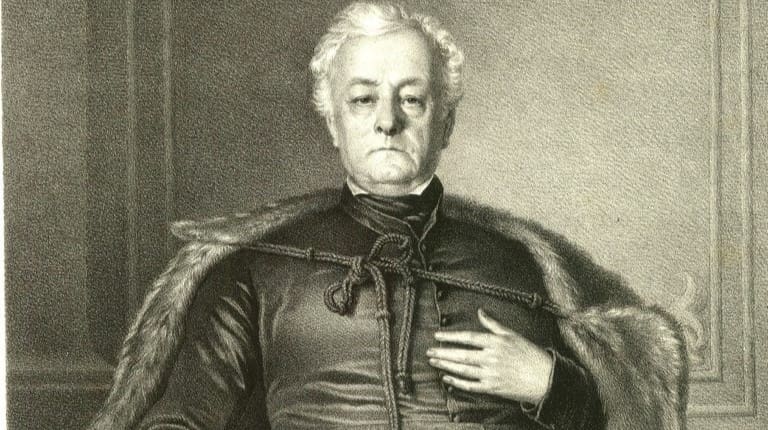
At the beginning of the 19th century, the idea of unification between the Roman Catholic and Protestant Churches came to the fore, and Protestants who sympathized with this idea tried to make it even more visible to the public by wearing clothing similar to the cassock worn by Roman Catholic priests.

The Gospels of Abba Garima, an illuminated gospel book divided into two volumes discovered in 1950, were originally thought to be composed just after the first millennium, or at least centuries after the death of the itinerant monk Garima. Yet recent radiocarbon dating carried out at Oxford University suggests a date between 330–650 AD, thus opening the possibility that they were actually formed by Abba Garima himself, which would pre-date the then earliest illustrated scriptural manuscript of the Rabbula Gospels (c. 586 AD, Laurentian Library, Florence) from Syria.
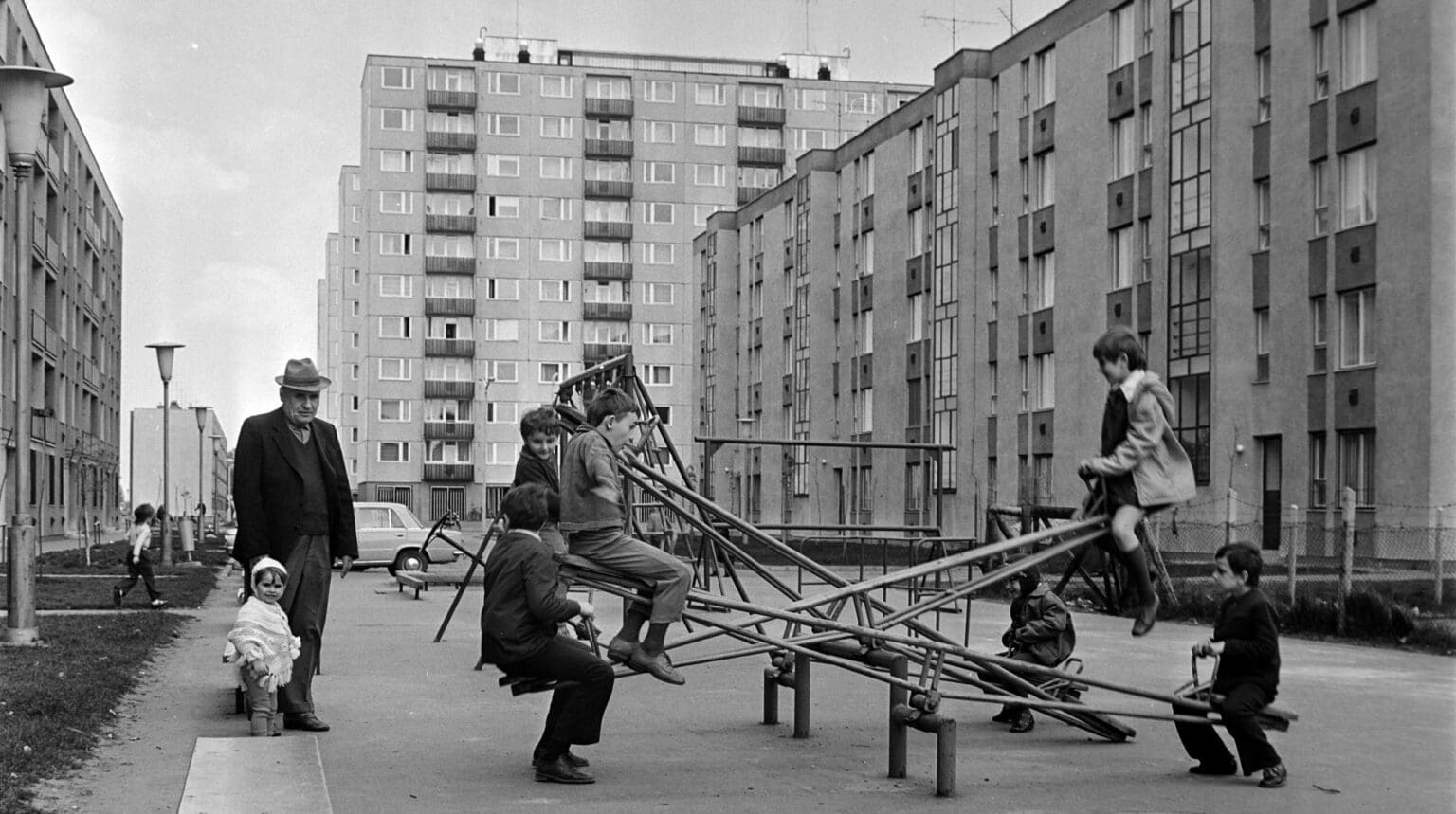
To address the housing shortage, nearly 1 million dwellings were built under the housing programme between 1961 and 1975, 300,000 of them in Budapest; and a large part of the country’s population still lives in the apartments built during that period to this very day. Despite the difficulties and the negative aspects, anyone who has lived in or visited a prefab will never forget it. Public housing cannot be said to be entirely negative or positive, can be loved or disliked, but it is a legacy from the past that defines who we are.
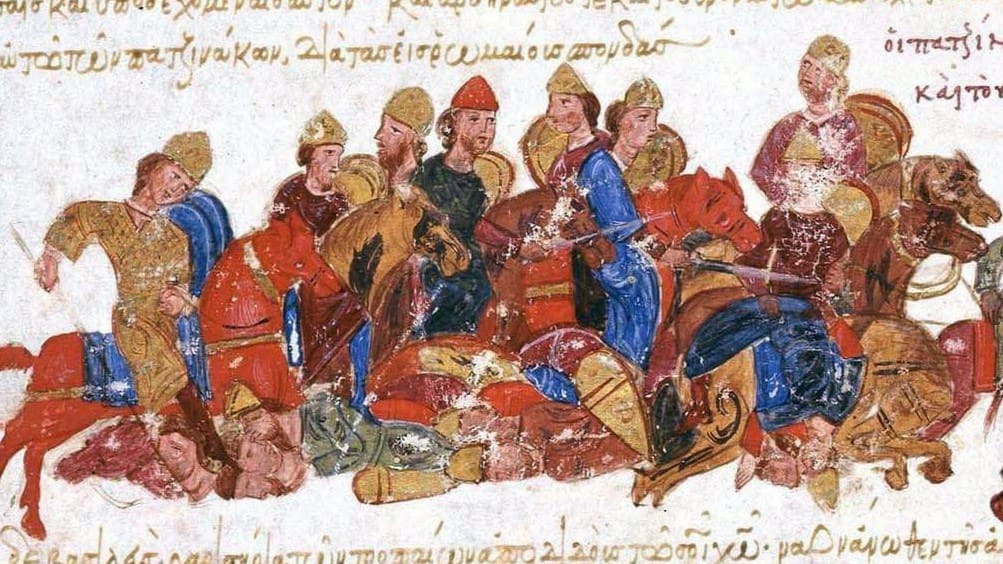
‘Although the Pechenegs have no visible identity, they are part of the Hungarian nation to this day: their medieval history may have ended, but they have played an important role in Hungarian ethnogenesis. Great clans of Pecheneg origins, like the Tomaj, rose to high nobility, exemplifying self-sacrifice when it came to defending the country from foreign invaders.’

‘Is dominance good or bad? What is the relationship between dominance and democracy? What are the main reasons for dominance? Concerning the last question, the authors argue that—besides the already investigated causes, such as the electoral system—five aspects explain Fidesz’s dominance: the view of the past, the image of the nation, the perception of democracy, leadership, and the party’s role in the party system (and in relation to the opposition). The central part of the book elaborates on these five aspects, focusing on Fidesz and two additional international examples of dominant parties in each chapter.’

A film drama about taxi hyenas; a documentary about one of the greatest masters of Hungarian animation, Attila Dargay; a feature film about a doctor working in an intensive care unit; and an experimental short film titled Flódni have received production support from the television committee of the National Film Institute (NFI).

Trading first started on the Budapest Stock Exchange on 18 January 1864, but the exchange was dismantled by the communist regime in 1948. After the regime change of 1989, securities trading restarted at last on 21 June 1990, exactly 34 years ago today.

Among the Hungarian wines entered, the jury awarded one Best in Show title, four platinum medals, thirteen golds, fifty-six silvers, and sixty-seven bronzes.

After a 3–1 loss to Switzerland and a 2–0 loss to Germany, Hungary sits pointless at the bottom of Group A at Euro 2024. However, they can still advance to the Round of 16, if they manage to beat Scotland by multiple goals on Sunday.

The famous Hungarian ice cream and gelato chef, winner of the Gelato Festival 2024, runs the Fazekas cake shop in the 16th district of Budapest. He was placed #2 in the same ranking in 2022.

In tribute to the two Hungarian Nobel laureates, biochemist Katalin Karikó and physicist Ferenc Krausz, the Hungarian National Bank (MNB) released silver coins with a face value of 7,500 forints and base metal coins with a face value of 3,000 forints as part of their series honouring Nobel laureates of Hungarian descent.
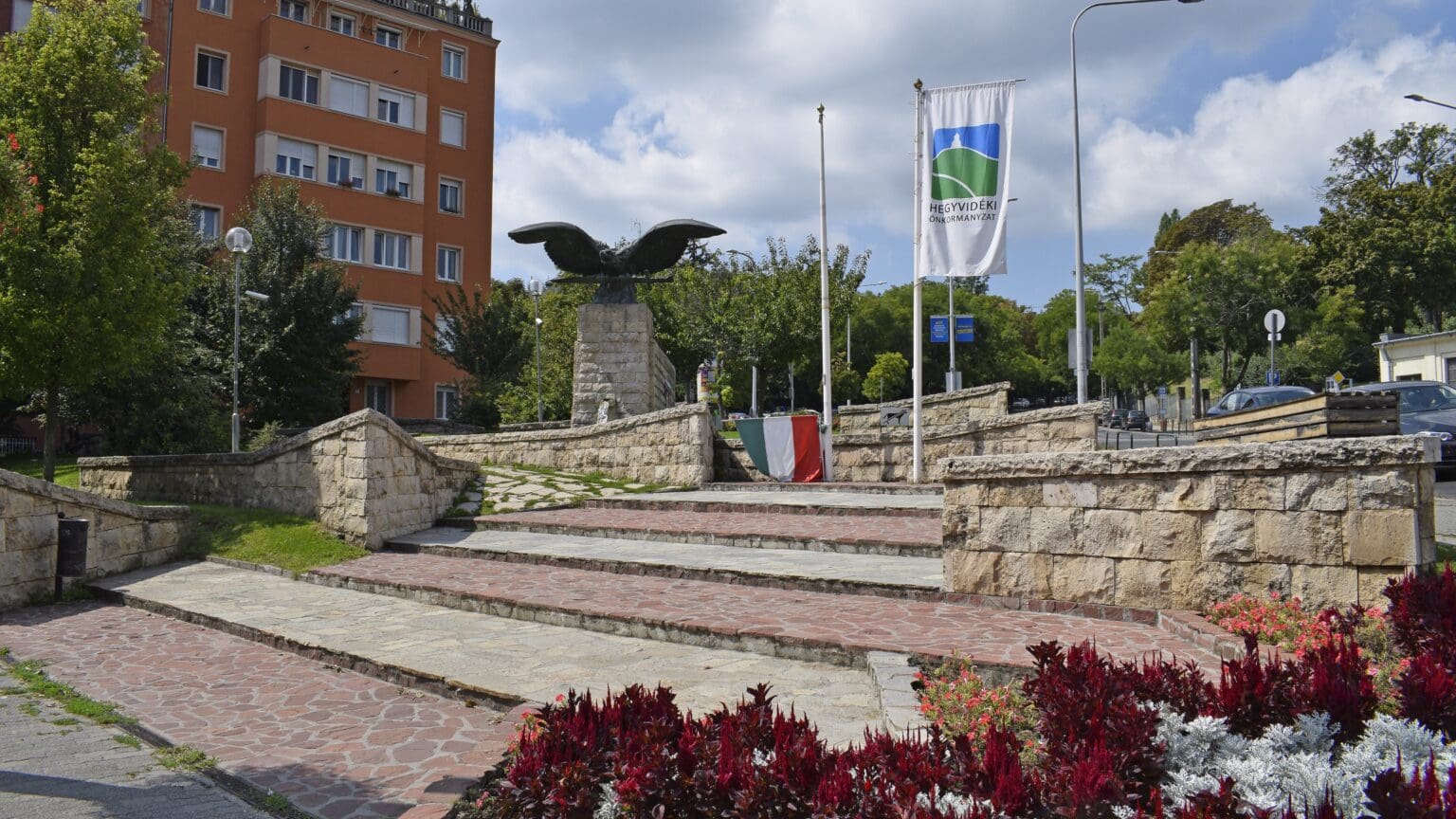
Gergely Kovács, the newly elected Budapest 12th district mayor of the Two-Tailed Dog Party, has vowed to remove the statue of the mythical turul bird located in the vicinity of the mayor’s office. He cited the monument’s connection to Nazism as his reason—however, not many other people see that connection.

The new law was adopted on Tuesday, with restrictions coming into force in Hungarian schools as of 1 September. The legislation has created a unified regulation regarding items that cannot be brought onto school premises and those that can be brought in but whose use is restricted. The range of items in question will be regulated by a subsequent decree, but the law primarily concerns smart devices and mobile phones.
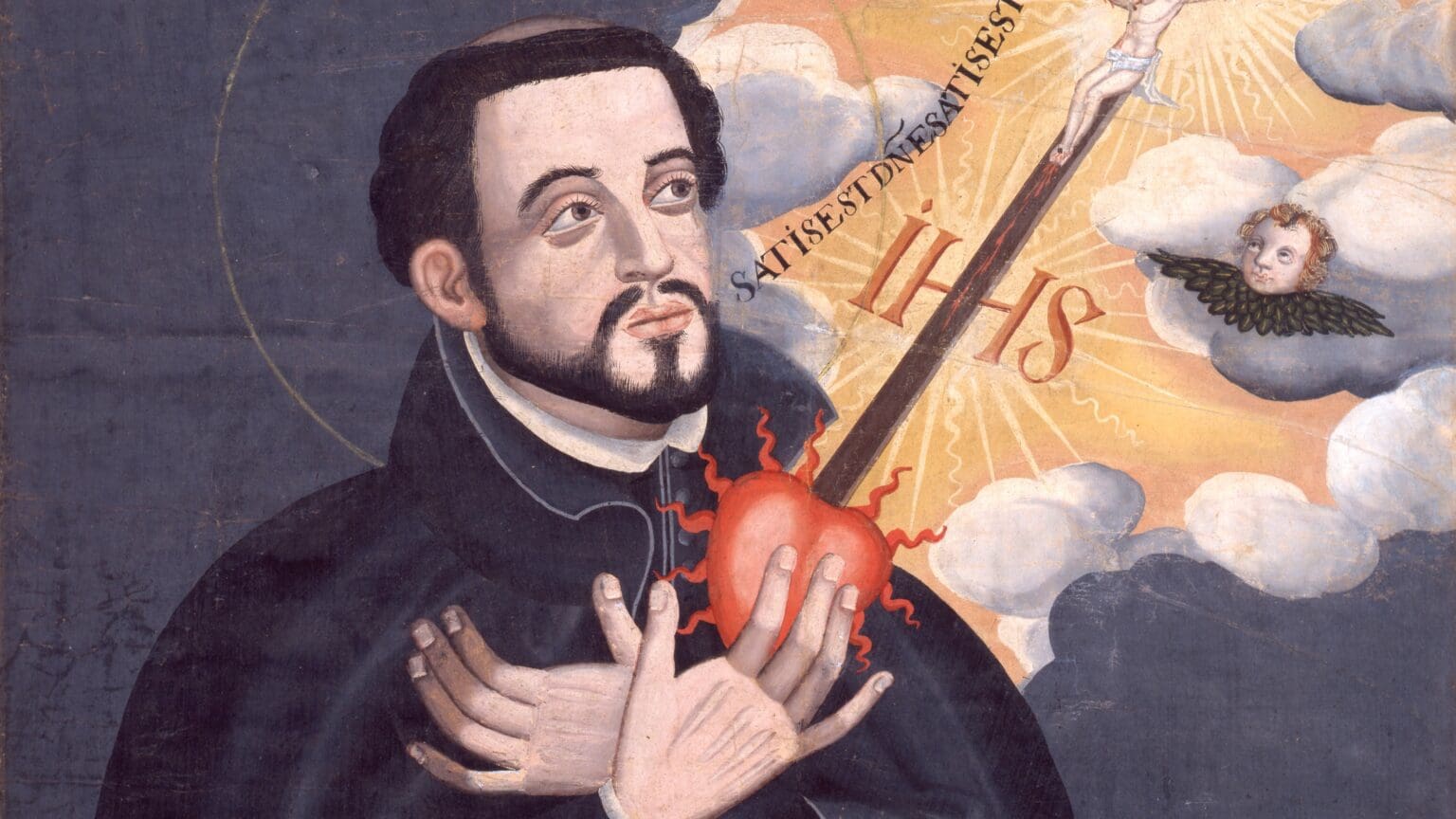
In the 16th century, the Jesuits took control of the higher education in Europe to properly instruct laymen not just in the tenets of the faith, but in other utilitarian subjects, such as mathematics and astronomy. Aligning with absolute monarchs who only sought to enrich their fiefdoms through colonization, the Jesuits, like St. Francis Xavier (1506-1552) and Matteo Ricci (1552-1610) expressed and lived out their voluntarist ideal by undertaking some of the most inconceivable missionary endeavors.

Ulsan HD and Hungarian National Team striker Martin Ádám has become the focus of international attention for his unusual physique after his brief appearance against Switzerland at Euro 2024. Thankfully, he has accepted his status in good humour, saying that he ‘usually gets a good laugh’ when he sees some of the memes about him.

The New York Times published a profile piece on Hungarian hip hop superstar Attila Baukó, better known by his stage name Azahriah. As the article points out, even Prime Minister Viktor Orbán has claimed to be a fan of the popular artist, despite his conservative views being at odds with some of the themes in Azahriah’s music.